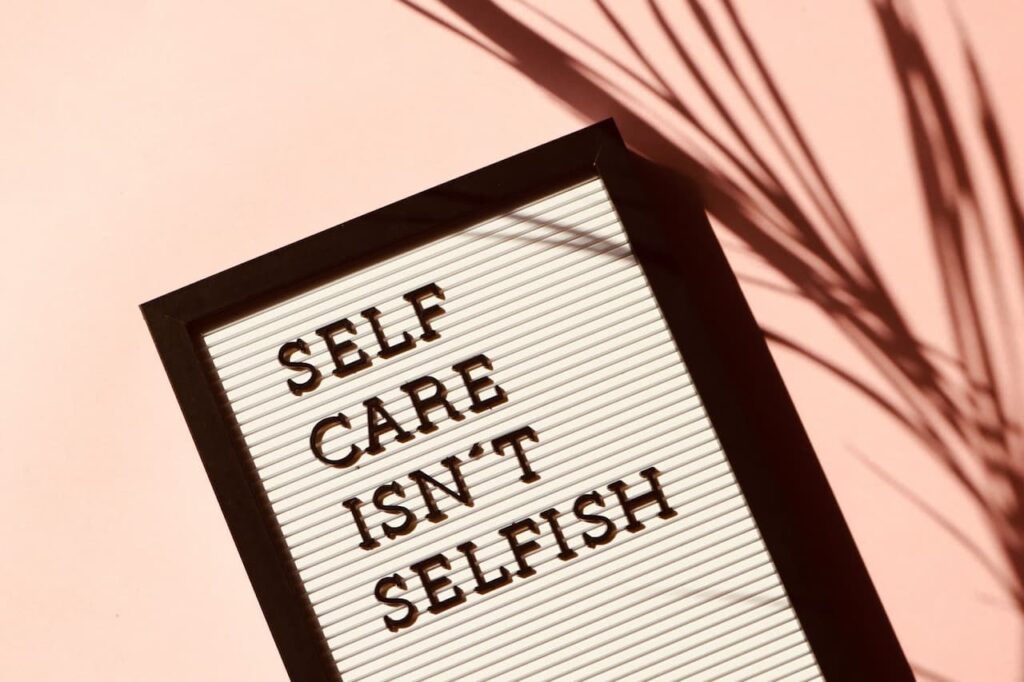
Mental illness is a broad term used to describe various health conditions. Some mental illnesses may be relatively mild and can be managed with treatment, while others can be severe and disabling. The impact of mental illness depends on the type of condition and how it affects the person.
Discrimination against people with a mental illness is common, and it can greatly impact the lives of those who suffer from it. People with mental illness are more likely to experience discrimination in employment, housing, and public accommodations. But what else has been shown to affect people with mental illness?
Here are six ways discrimination affects people with a mental illness:
Shame
Discrimination can cause shame, leading to self-destructive behaviors such as substance abuse or suicide attempts. It is especially true when it comes to job discrimination. Having a mental health condition makes it more difficult to get hired in the first place. But once hired, those who disclose their conditions are more likely to face discrimination at work.
Furthermore, people with mental illnesses often feel a sense of shame about their diagnoses. They may fear that others will judge them because of their condition and may keep quiet about their struggles. It can make them feel isolated, worsening any symptoms they may be experiencing.
Stigma
Stigma is an unfair stereotype about a person or group that makes them appear less worthy and deserving of respect, love, and acceptance than others in society. People with mental illnesses face stigma because they are often portrayed in the media as dangerous, violent, and unpredictable.
It perpetuates myths about mental illness and makes it harder for people with a mental illness to be accepted by their friends, family members, and co-workers.
They often face stigma in the workplace and other aspects of life. People with mental illnesses are less likely to be hired than those without such conditions. Discrimination also comes into play regarding wages and promotions among those with a mental illness.
Lack of Treatment
Discrimination can lead to a lack of access to quality care and treatment. People with mental illnesses often avoid seeking treatment because they fear being stigmatized by their family, friends, and community members.
Fear of discrimination also prevents many people from getting the help they need. Many with mental health needs do not receive treatment due to discrimination and stigma. Most individuals with severe depression or anxiety don’t even recognize that they need help until they’ve reached crisis levels — if at all.
If you’re worried about how your condition will affect your relationships or career prospects, consider seeking professional help before the situation worsens.
Social Isolation
Discrimination can lead to social exclusion — isolation from others. It can be detrimental to your health when you’re already dealing with issues related to your mental illness. Social isolation can also make it harder for someone with depression or anxiety to recover from their condition.
Therefore, being excluded from social situations can increase the chances of chronic depression or relapse after treatment has been successful for some time. People with mental illnesses often find themselves shunned by society at large.
While this may not cause physical harm, it can lead to feelings of isolation and loneliness. That makes it difficult for individuals to communicate their needs and get help when they need it most.
Prejudice
Prejudice occurs when someone has an irrational dislike or hatred for someone or something based on a personal belief or opinion. When it comes to mental health issues, many people have preconceived notions about what these disorders entail and how they impact individuals. These misconceptions can lead to unfair treatment in school, work, or social situations.

Prejudice is the negative attitude towards people with mental illnesses. It can be based on fear, ignorance, or stereotypes that the public has about people with mental illnesses. It is thinking that people with mental illnesses are dangerous or less intelligent.
Prejudice often prevents individuals from getting the help they need for their condition. It may lead them to believe their entire life will be negatively affected by their diagnosis.
Stereotyping
Discrimination based on stereotypes is a common occurrence. The stereotypes that people with a mental illness face are often based on inaccurate information, and they can lead to prejudice against people with mental illnesses.
Stereotyping can be so powerful that it can lead individuals to make assumptions about someone else’s behavior simply because they have a mental illness. In other words, the stereotype about a person with a mental illness might influence how those around them interpret their actions or speech. Stereotypes can also lead us to expect certain behaviors from people based on their appearance alone.
In addition, it’s a belief that all people with mental illnesses are the same despite having different symptoms and needs. A person with a mental illness is viewed as someone not competent to perform certain jobs or handle certain life responsibilities. These stereotypes can hurt the individual’s chances of getting hired or promoted at work, renting an apartment, or even getting accepted into college.
Let’s Stop the Discrimination Now!
Discrimination against people with mental illness is widespread and can seriously impact their lives. The social stigma surrounding mental health issues can make it difficult to find housing, employment, and other essential services. Not only does this affect the individual, but it also impacts their family members and friends.